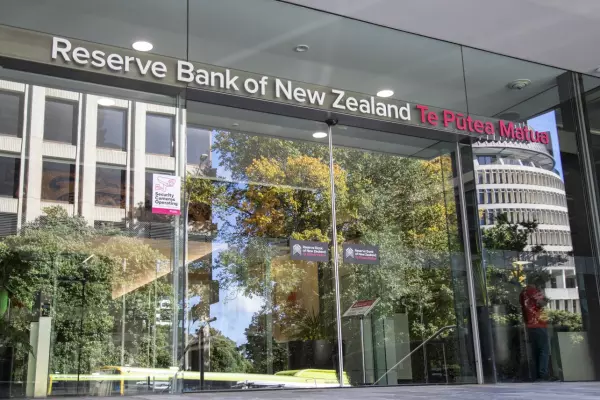Forty years ago, parliamentarians took a major step towards creating a more open and transparent society.
They passed the Official Information Act (OIA) into law. It received Royal Assent on Dec 17, 1982, and came into force the following July.
No longer could officials hide behind the near-impenetrable Official Secrets Act.
Instead, they were required to work with one of the most flexible and far-reaching freedom of information regimes in the world.
Progressive legislation
Despite the then prime minister, Robert Muldoon, dismissing it as a ‘nine-day wonder’, the act has proved successful in supporting our democracy.
That is because the act's fundamental principle is simple – that official information should be made available unless there are good reasons to withhold it.
In the 1980s, it took incredible leadership and foresight from officials and politicians of the day to draft and put in place such progressive legislation. Now it's considered part of our unwritten constitution.
However, as with any law, effective implementation is key.
I believe every single public service leader is a steward of the Official Information Act because their actions and decisions have a direct impact on whether New Zealand can justly continue to claim to be one of the most open and transparent nations in the world.
I recently published a report called Ready or Not?
My investigation revisited my predecessor, Dame Beverley Wakem’s 2015 report Not a Game of Hide and Seek, which looked at the OIA practices and processes of 12 central government agencies.
Both reports emphasise the constitutional importance of the act in promoting NZ’s democracy and making sure we have a transparent and accountable government.
Transparent and open
The act does this by making sure public officials and ministers provide sufficient information about their plans and activities and explain their decisions, within a timeframe.
This is important because it allows the public to participate in actions and decisions that affect them and ensures accountability, while also protecting information that shouldn’t be released at that time for good public interest reasons.
In my investigation, I found the core public service is increasingly transparent and open. Agencies are proactively releasing more information as part of normal business practice.
They are also responding more quickly to OIA requests than they were in 2015 when Dame Beverley investigated.
But I also found some agencies and officials within do not fully understand and practice their obligations under the law.
I also found some agencies have more mature OIA processes than others. This is disappointing, given 40 years have now passed since the law was passed.
This is where my view that the role of public sector leaders in influencing the culture and practices within their organisation becomes relevant. I consider they carry some heavy responsibilities.
Stewardship responsibilities
Public sector chief executives have specific stewardship responsibilities under the Public Service Act, including upholding the principles of fostering open government and proactively promoting stewardship of the public service through their agencies’ systems and processes.
They are also accountable for ensuring their agencies are complying with their legal obligations under the OIA.
In Ready or Not? I called on public sector chief executives to be held to account for their agencies’ official information act performance, including making OIA compliance part of their own performance objectives.
In stewardship terms, the OIA should be treated as an asset that needs to be well-managed and monitored and the message to staff and the public needs to be that the OIA – and their handling of the process – is a core part of their job to ensure they comply with the law.
Chief executives and senior managers set the tone from the top.
This matters because the activities and decisions of all public sector agencies materially affect the rights and lives of all people in NZ.
Good leaders
In my investigation, I found some specific actions public service leaders could take to be good stewards:
- Clearly signal their agency’s commitment to openness, and the principles and purposes of the OIA, to staff and the public.
- Model openness – through actions, not just words.
- Establish and publish their agreements with Ministers’ offices regarding the handling of agency OIAs.
- Ensure robust OIA performance reporting occurs to monitor and actively manage how their agency is performing in reality.
- Ensure they have sufficient resources and resilience measures to handle the OIA workload, including being prepared for surges in demand or staff absences.
When CEOs lead from the front, ensure their agency complies with the law and fulfil their stewardship role, it necessarily follows that their staff will do the same, and will make timely decisions on accessing official information.
It is public-sector chief executives, senior managers and ministers who are the stewards of our precious OIA and it will be on their watch as to whether our country maintains its world standing for openness and transparency.










